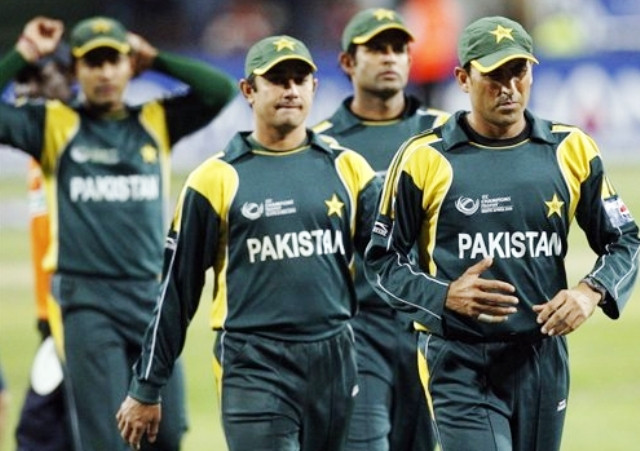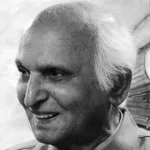Two things can be quite unsettling – the high from victory and the hurt over a defeat.
When the hurt is accompanied by anger the cocktail is a knockout. We are only too familiar with what it does to a people, so let me not get into its details.
Let’s just be grateful then that our hurt and anger are limited to winning and losing on the cricket field. Defeat in a real war does not touch us in a way that we should lose our balance. Actually we tend to discover a bright aspect to the situation. Let us also be grateful that this time around the hurt has not included anger. Some credit for which may be due to the prime minister and the Punjab chief minister.
But a victory after all is victory and a defeat, just that. The newspapers today are full of reports and images, on the one hand of jubilant celebrations in the neighbouring country and on the other about the disappointment in our own. But a report about Lata Mangeshkar fasting during the semi-final match gave me pause.
The rhetoric of some anchors and the sentimental noises around us notwithstanding, I had believed so far that it was a cricket match and not a war. It now seemed that for people of such eminence to be so agitated it had to have been a major battle – a Panipat, so to say.
I then recalled the 1965 war and the patriotic sentiment that prevailed. Once the ceasefire was announced it was replaced by anger. I happened to see Shakir Ali and given the atmosphere wanted to know what he was doing in this regard. Shakir sahib replied that he was painting the moon that illumined the nights indiscriminately on both sides of the border! It takes a true artist in such an environment to respond like this – to remain above the superficial even in an emergency situation.
Well, as I said, Lata Mangeshkar, whose sweet voice not just resonates on the far side of the border, but also casts a spell across it, was fasting and praying. No wonder, her adopted son, Sachin Tendulkar, was dropped four times and got over 80 runs. Had he also applied some of his famous skills he would have ended up with a century. The match, as it was, was won even without.
A lot of people, of course, were praying on our side as well. This may have included some very important, some truly pious people. The one I saw was a TV anchor – quite popular, I am told. But popularity among a TV audience is hardly a guarantee for prayers getting answered. As soon as he raised his hands for prayer, a Pakistani wicket fell. Several wickets followed in quick succession.
Today, I got a phone call from Ataul Haq Qasmi, happily pointing out that, the outcome apart, the cricket match seemed to have shown the Pakistani people can rise above parochial differences. I agreed but then thought of the many problems, some of them quite serious and urgent, that have shown no sign of evoking such a response.
Qasmi also pointed out that the world today seemed to lack leaders whose insight people trusted. Possibly, because I was so intensely focused on cricket, my mind went to some of our cricketing stars – one could count on them to deliver. There is after all still a lot of cricketing talent around. Why don’t the players then show the same resilience? I searched for explanations and could not come up with anything but that it’s not just a matter of skills. It also requires character. If it does not show in other fields and aspects of national life, how can we expect it on a cricket field?
*Translated from Urdu
Published in The Express Tribune.
Setting cricket aside
Let's remember that a victory after all is victory and a defeat, just that.



COMMENTS
Comments are moderated and generally will be posted if they are on-topic and not abusive.
For more information, please see our Comments FAQ